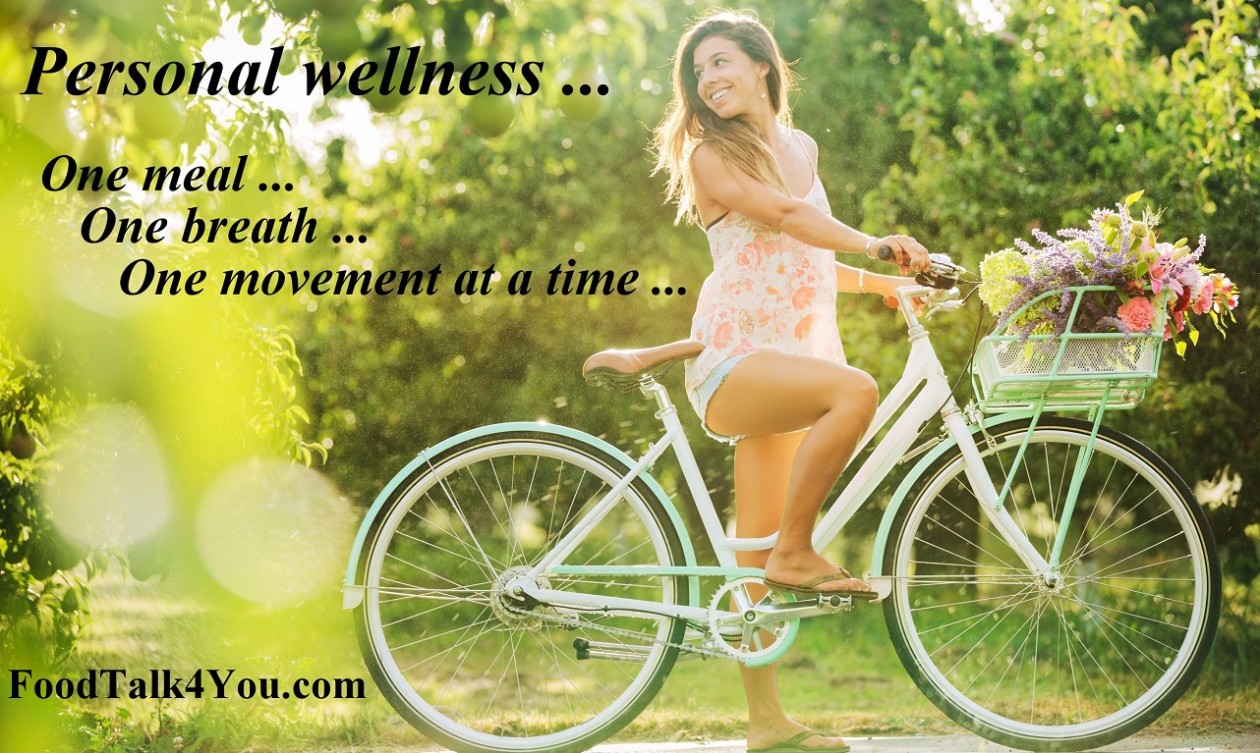
Hear, ye! Hear, ye! Hear, ye!
November is declared to be Family Caregivers Month!

Glad they gave family caregivers more than just a single day. A month is nice. Family caregivers, though, merit an entire year of recognition – nonstop.
It was an extreme honor to be asked to speak at a beautiful retirement community in Eastern North Carolina recently. Treelined curving streets, lovely homes, and a beautiful community center located right on the marina greeted me. I think Cypress Landing checked all the boxes for a beautiful retirement lifestyle.

But tucked into countless of those homes are individuals lovingly ministering care to a beloved family member or who are in close contact with a friend nearby who may be alone.
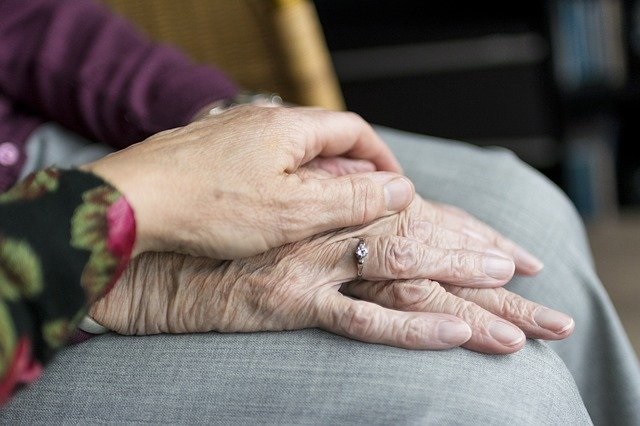
I think we are ALL going to become caregivers at least once – it not many times – to various generations, relations, or friends. It’s just how life works.
My presentation was entitled, Caregiver Emotional Health and Survival, and covered three topics:
- A key to caregiver survival called Loving Preparedness
- Revealing Caregiver Emotions and tools to effectively deal with them
- Caregiving at home – is it right for you?
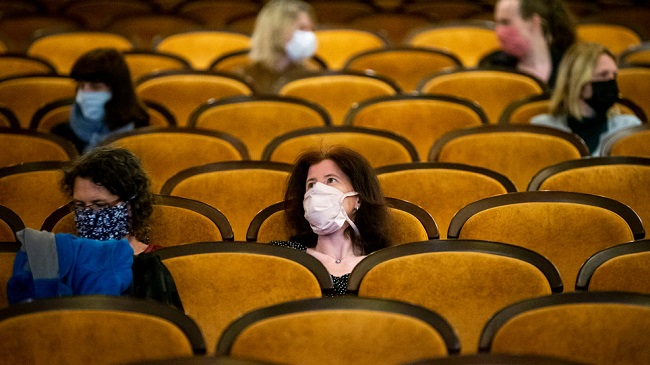
With social distancing thoroughly observed, our limited audience of six community members all wore masks, as did the videographer and his helper. The event was taped using three cameras and promises to be a lasting resource for the community members through their website.

Yes, I’m waiting to hear from Oprah any day.
Wouldn’t she be able to give a wonderful platform for family caregiver’s voices and concerns?
I was impressed by several thoughts throughout the event:
- Caregivers feel so much better when they understand they are not alone.
- Being reaffirmed their efforts are exemplary is critical for their well-being.
- Friends of caregivers are concerned about how to reach out in a meaningful way.
- Advice from someone who has walked the path of caregiving is like a sip of cool water to parched lips.
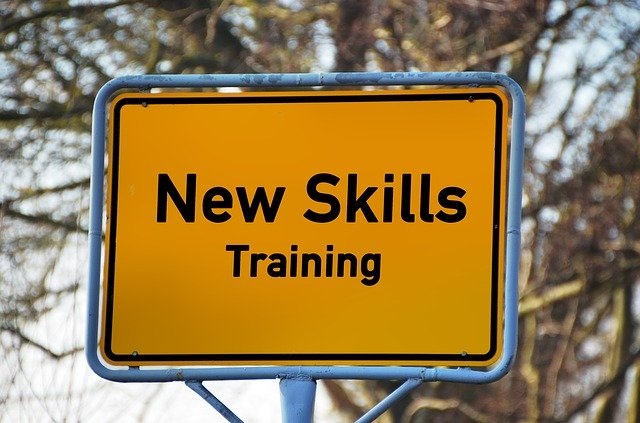
Making a presentation about caregiver emotions as a permanent FREE offering on Teachable is my next project. Whether I use what was taped this week or recreate it on my own, it’s my passion project.
Why? Because it goes to the heart of the family caregiver. It was the unpredictable roller coaster of caregiver emotions that blindsided me and was the most challenging.

Challenging times aren’t the sole property of caregivers, however.
All the tips and tools I shared with the caregiver audience are applicable for all generations and situations right now.
One of those tools is the process of reflection. Reflective activities can be done two ways.

Direct reflection may include prayer, meditation, reading uplifting texts, or journaling. If you are in trying times, journaling can be transformative. Pouring out your thoughts on paper – yes, pen and ink on paper – not only allows for private venting but provides an opportunity to organize thoughts just through the process of writing. By the time you’ve completed dumping your thoughts out on paper, chances are good you’ll have a better perspective about them.

Indirect reflection can happen during creative activities. Some people bake, knit, work in the wood shop, or draw or paint. For me, adult coloring provided me a lifeline that was clean, easy-to-set-up, and was a therapeutic opportunity to work out my feelings.

While coloring, I wasn’t thinking about my emotions. I was thinking only about which color and how much to apply.
Where’s the therapy in that? Certainly, it gave my mind a rest in terms of worries and concerns. That’s a plus. But in so doing, subconsciously, I was sorting out my emotional response. It took me a year of coloring to get my head screwed on straighter.
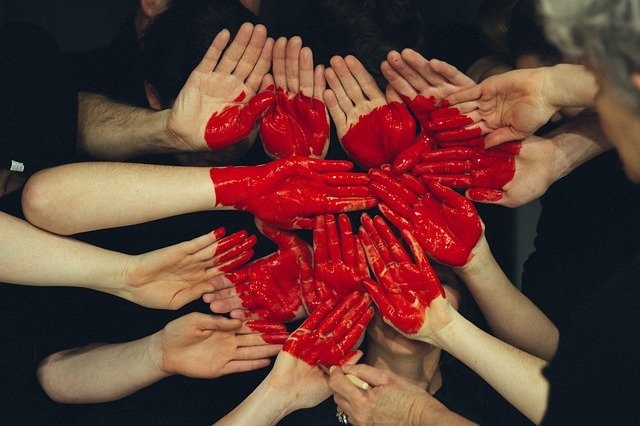
I’ll make it easy for you. I already Googled free adult coloring pages and have found a resource you may like to find a picture you could color in the coming days – CLICK HERE.
Surely there are some colored pencils hanging around the house for the kids or grandkids.

Sit down.
Unplug from the noise.
Put color to the page.
Ahhhh.
Click on the subscribe button to get the next post sent directly to your email. We won’t bug you, and we’ll never share your contact.
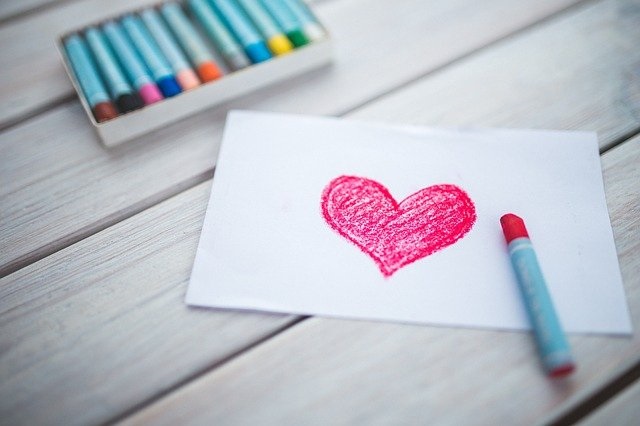
If you are a caregiver or think you or someone you know may become one, check out my book on Amazon HERE.
In health,
Deidre
